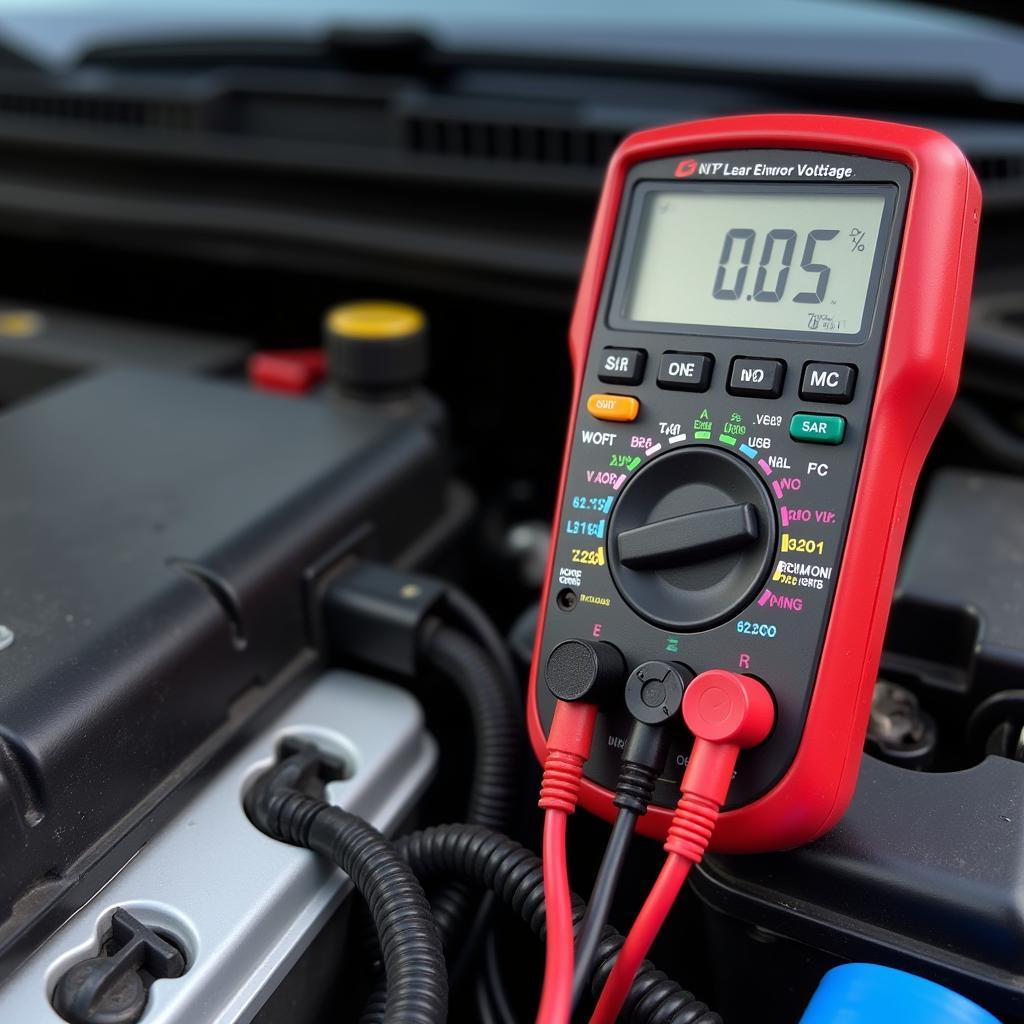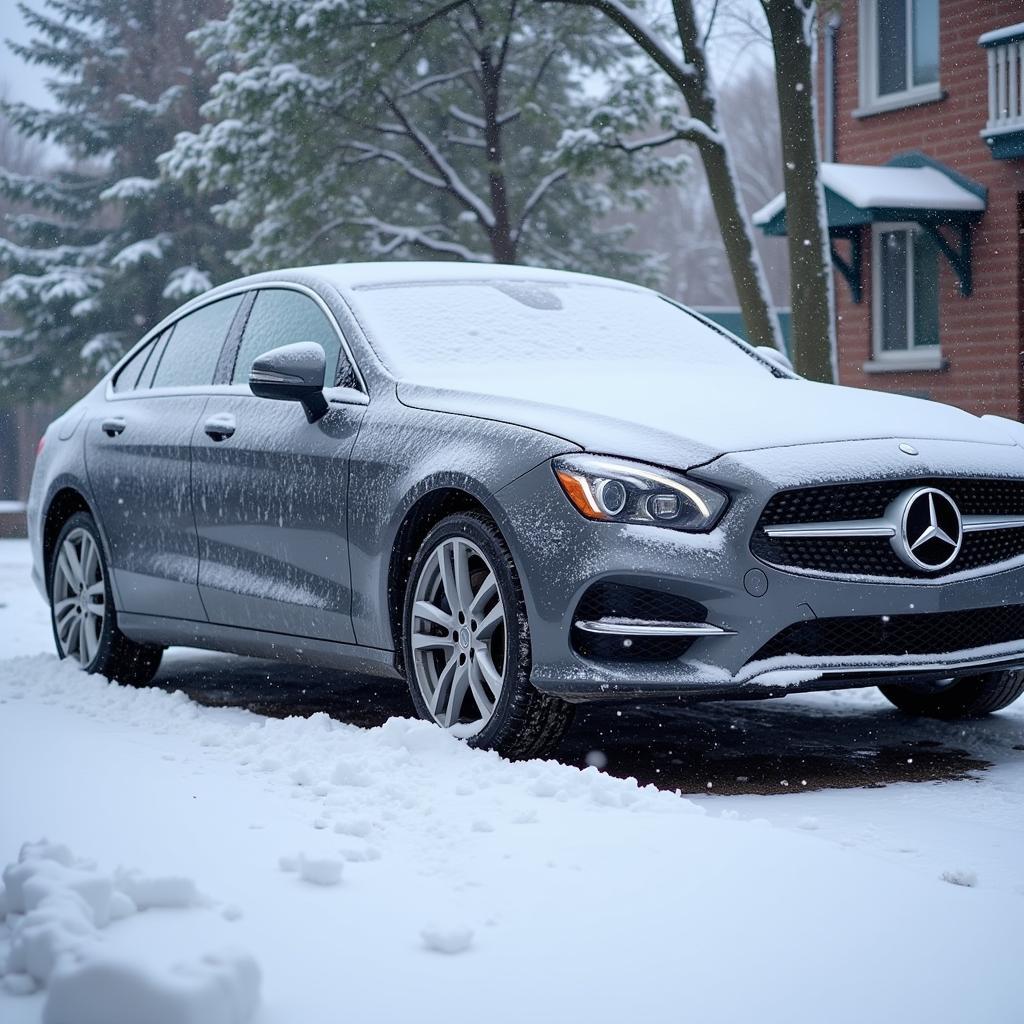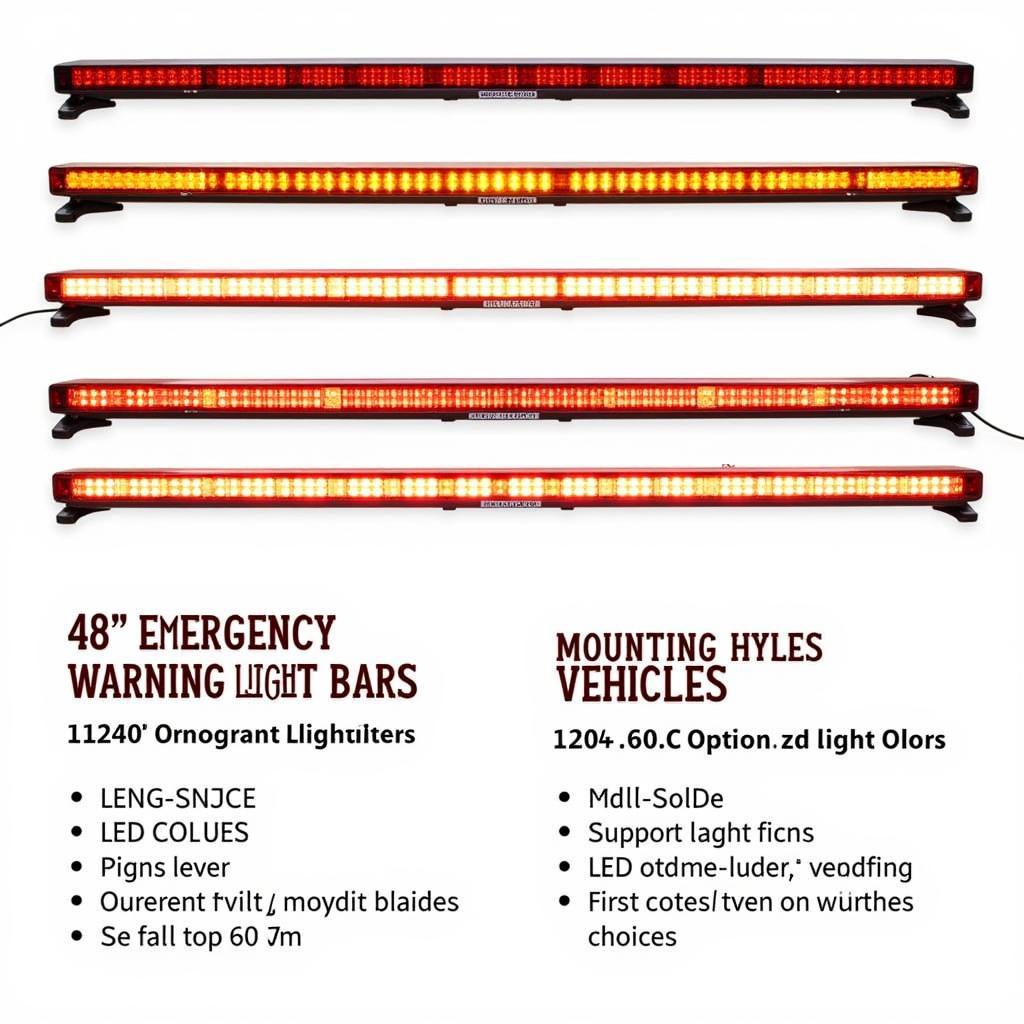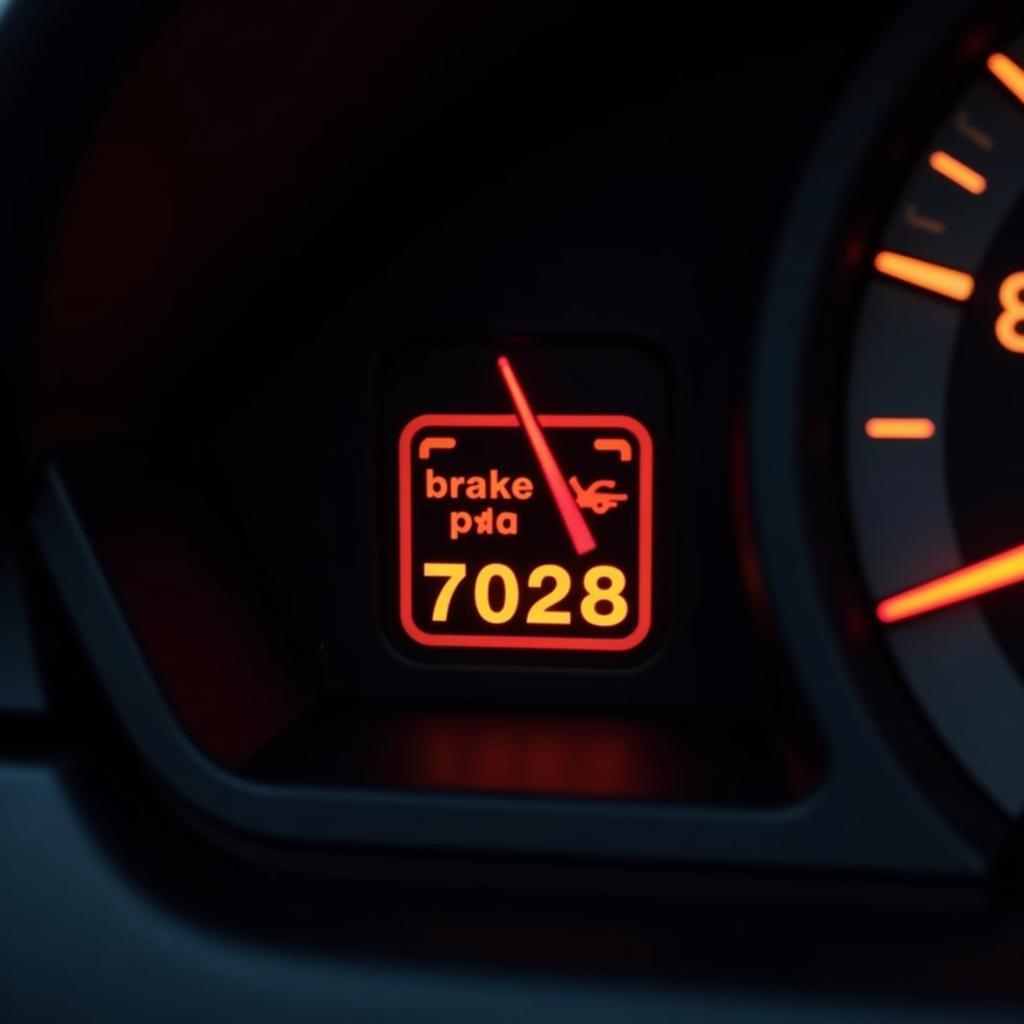Car battery issues in cold weather are a common occurrence. Temperature drops can significantly impact your car’s battery performance, often leading to frustrating starting problems. This guide dives deep into why cold weather affects your battery, how to diagnose the problem, and offers solutions to keep your car running smoothly all winter long.
signs your car needs a new battery
Why Cold Weather Wreaks Havoc on Your Car Battery
Cold temperatures reduce the chemical reactions within the battery that produce power. This decrease in chemical activity slows down the cranking power needed to start your engine. Furthermore, engine oil thickens in cold weather, making it harder for the battery to turn over the engine. Think of it like trying to pedal a bike through thick mud – it requires more effort. This added strain can weaken an already marginal battery, leading to starting difficulties or a completely dead battery.
Diagnosing Car Battery Issues in Frigid Temperatures
Several telltale signs indicate your car battery is struggling in cold weather. Slow engine cranking is often the first symptom. You might hear a clicking sound when you turn the key, indicating the battery doesn’t have enough power to engage the starter motor. Dim headlights, especially when the engine isn’t running, are another common sign. Finally, check your dashboard warning lights. A battery or check engine light could signify a problem.
How to Test Your Car Battery
Using a multimeter, you can accurately check your battery’s voltage. A fully charged battery should read around 12.6 volts or higher. A reading between 12.4 and 12.6 volts suggests the battery is partially discharged, while a reading below 12.4 volts indicates a significant discharge. If your battery consistently reads low, even after charging, it’s likely time for a replacement.
“A simple voltage test can save you a lot of headaches,” says automotive expert, David Miller. “Regularly checking your battery, especially as winter approaches, is a proactive way to avoid being stranded in the cold.”
 Testing Car Battery Voltage with Multimeter
Testing Car Battery Voltage with Multimeter
Preventing Cold Weather Car Battery Problems
There are several steps you can take to prevent car battery issues in cold weather. Parking your car in a garage or covered area can help maintain a slightly warmer battery temperature. Using a battery blanket or warmer can also provide insulation. Ensure your battery terminals are clean and free of corrosion. Corrosion can disrupt the electrical connection, further weakening the battery.
cold weather car battery issues
Keeping Your Battery Healthy Year-Round
Regular battery maintenance is crucial for extending its lifespan. Have your battery tested by a professional mechanic at least once a year, especially if it’s more than three years old. Limit short trips, as they prevent the battery from fully recharging. If you frequently drive short distances, consider using a battery maintainer to keep it topped off.
“Just like any other part of your vehicle, your battery requires regular maintenance,” explains automotive engineer, Sarah Johnson. “A little preventative care can go a long way in preventing costly repairs and inconvenient breakdowns.”
Addressing Common Cold Weather Battery Concerns
Why does my car battery die every year in winter?
Batteries often fail in winter because the cold reduces their capacity, while the engine requires more power to start. If your battery is already weak, the added stress of cold weather can be the final straw.
What are the signs my car needs a new battery in the cold?
Slow cranking, clicking sounds, dim lights, and dashboard warning lights are common indicators of a failing battery in cold weather.
 Car Battery in Winter Conditions
Car Battery in Winter Conditions
Conclusion
Car battery issues in cold weather can be a significant inconvenience. However, by understanding why cold affects your battery and taking preventative measures, you can keep your car running smoothly all winter long. Regular maintenance and prompt diagnosis of any problems can help you avoid being stranded in the cold. Don’t let the cold weather catch you off guard – be prepared and keep your car battery in top condition.
car battery voltage good or bad
FAQ
-
How often should I check my car battery in the winter? It’s a good idea to check your battery voltage monthly during the winter months.
-
Can I jump-start my car if the battery dies in the cold? Yes, jump-starting is a temporary solution. However, you should still have your battery tested and potentially replaced.
-
Does extreme cold damage a car battery? Yes, prolonged exposure to extreme cold can shorten a battery’s lifespan.
-
How long do car batteries typically last? Most car batteries last between three and five years.
-
Are there different types of batteries better suited for cold weather? Some batteries are designed to perform better in extreme temperatures. Consult with a mechanic for recommendations.
-
Can I store my car battery indoors during the winter? Yes, storing your battery in a cool, dry place can help preserve its lifespan, especially if your car will be unused for an extended period.
-
Will a low battery affect other car systems? Yes, a weak battery can strain the alternator and other electrical components.


